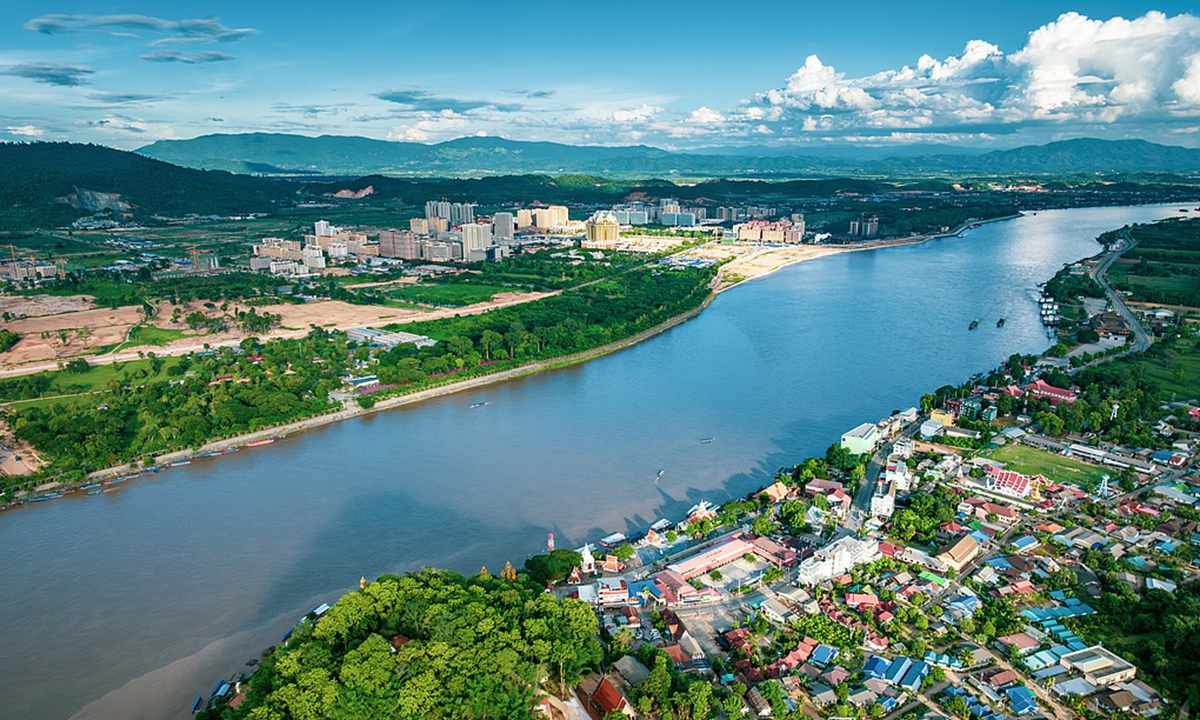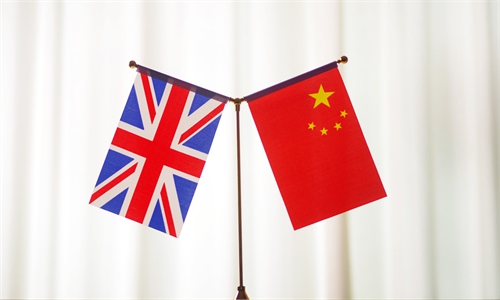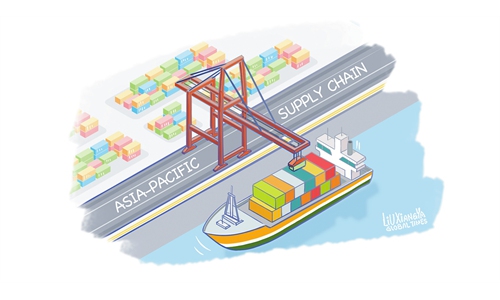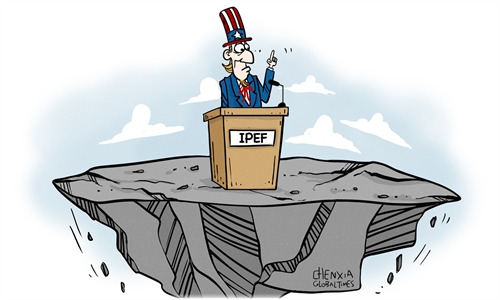
The Mekong River Photo: VCG
Starting on Monday, the Chinese Embassy in Myanmar will issue five-year multiple-entry visas with a maximum stay of 180 days per visit to eligible Myanmar business personnel, as well as their spouses and children.Earlier this month, China announced it will issue the "Lancang-Mekong Visa" to qualified people in countries along the Lancang-Mekong river - Cambodia, Laos, Myanmar, Thailand and Vietnam. The move will not only enhance economic cooperation and people-to-people exchanges between China and those Lancang-Mekong countries, but also demonstrate China's goodwill and sincerity to continue advancing regional cooperation and sharing the dividends of its economic growth with other countries.
As trade protectionism rises in some Western countries, the success of multilateral cooperation in the Greater Mekong Subregion (GMS), along with the tireless efforts of countries in the region to promote economic cooperation, have demonstrated that "decoupling" is not a viable path for fostering economic development. The only way forward is through mutually beneficial cooperation.
Since its establishment in 1992, the GMS cooperation mechanism has yielded fruitful results through the joint efforts of its member countries and the active support of the Asian Development Bank. GMS countries are convinced that more effective regional connectivity and integration are key to face multiple post-pandemic trade-related challenges in the subregion, such as navigating protectionist policies, uneven economic development among member states, infrastructure deficits and lack of harmonized regulation hindering connectivity, as well as vulnerability to global supply chain disruptions, according to the Joint Summit Declaration of the 8th GMS Summit earlier this month.
In recent years, China has deepened cooperation with the other five Lancang-Mekong countries, enhancing trade and investment, improving customs efficiency and promoting people-to-people exchanges. These efforts have made a positive contribution to the region's economic growth. The "Lancang-Mekong Visa" serves as a microcosm of China's broader support for regional economic integration and its ongoing commitment to opening up to the world.
The Chinese recognize a simple principle: by sharing the benefits of China's economic development with neighboring countries, regional growth is stimulated, enabling all countries in the region to prosper together.
The world is entering a period of turbulence and transformation. Some Western countries are adopting trade protectionism and advocating "decoupling" from China's economy. Against this backdrop, the growing cooperation between China and other Lancang-Mekong countries is playing a key role in promoting regional development. Cooperation is essential, both from China's perspective and that of other Lancang-Mekong countries. History has repeatedly shown that connectivity always drives regional economic growth.
Connectivity includes not only physical infrastructure like roads and railways but also institutional arrangements to make it easier to strengthen economic, financial and people-to-people exchanges among different regions.
Several rounds of negotiations have been held on version 3.0 of the China-ASEAN free trade agreement (FTA) since November 2022. The upgrade of the FTA is expected to strengthen regional industrial chain cooperation among the six Lancang-Mekong countries to fend off external risks. Based on this outlook, efforts to promote communication among personnel, particularly business professionals, will further enhance regional economic cooperation.
Experiencing a changing global trade landscape, the countries in the Lancang-Mekong region and elsewhere are more actively exploring new markets and strengthening economic and trade cooperation. China is a staunch supporter of free trade and has consistently promoted regional economic cooperation through open policies, enabling other countries to share in the benefits of China's economic growth.
Over the past 30 years, the GMS cooperation mechanism has become increasingly important for China and the five other Lancang-Mekong countries to promote cooperation and development. Undoubtedly, the "Lancang-Mekong Visa," along with other efforts, will enhance this cooperation.



